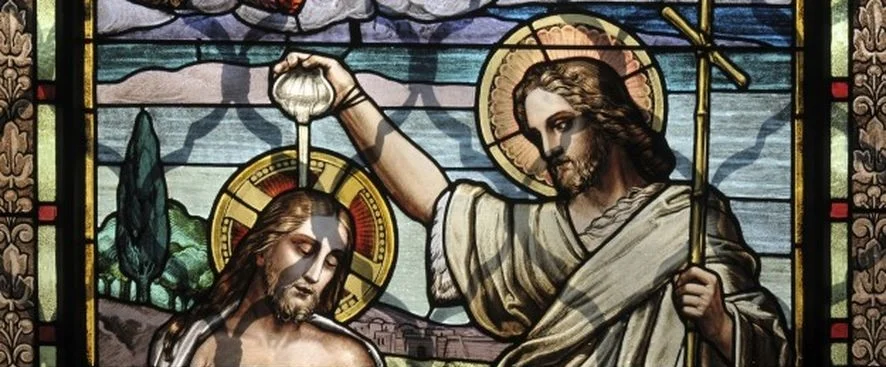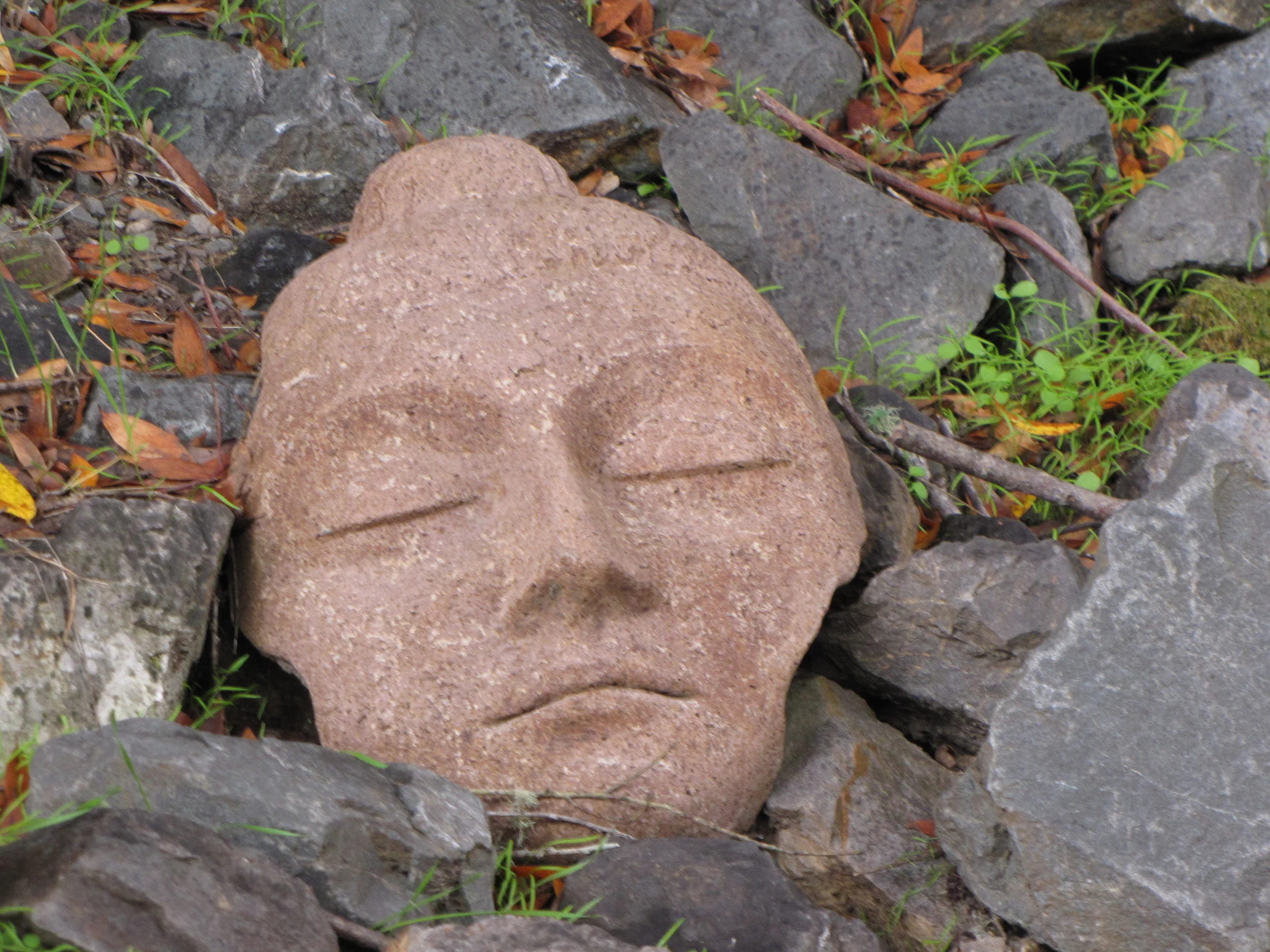Loving God and Neighbor, Loving Wind and Water (Rev. Tom VandeStadt)
Loving God and Neighbor, Loving Wind and Water
In the beginning, wind danced over water. Breath of life caressed formless depth. Caressed by air’s movement, depth formed mighty swells. Wind whipped around excitedly and swept the waves up. Wind and water knew each other, in the biblical sense. Wind and water gave birth to everything that gave birth to us.
Born from wind and water, our breathing bodies of water must remain intimate with wind and water or we die. Our substance is mostly water. The breath of life animates us, gives us our aliveness. We cannot live apart from wind and water. We must eat to live, but we will die sooner without water, and much sooner without breath.
Given water’s role in our lives, in life, why don’t we honor water, treat water with respect, as sacred? Water is where we come from, what we’re made of, what keeps us alive—our source, substance, and sustenance. Why do we pollute it, waste it, commodify it, take it for granted? Why isn’t all water holy? Not just the water consecrated for religious ritual, but the water in the cup, toilet, outdoor sprinkler, car wash, stream, swamp, aquifer, ocean?
The same goes for air, wind, breath of life. For Christians, symbols for God. We disrespect air, dump our waste into it, dirty it, poison it, so instead of refreshing and renewing people, in many places it stings, smells, and makes people sick. When we foul the air with filth, the air people breathe to live, we disregard those people and show contempt for the God air symbolizes.
One of my favorite stories from the Christian gospels uses wind and water imagery from an older Genesis creation myth. Wind and water are at it again, knowing each other. And here comes Jesus, out of the wind and over the water. Many read this as a miracle—Jesus can walk on water! But I don’t. I see it as a Christian creation myth. Born from wind and water, Jesus is a new human being who reveals how to be human in a new way. This way of being human is grounded in loving our source, substance, and sustenance—God, wind and water. And loving all that’s given life by wind and water, our neighbors.
The Roman Catholic theologian, Thomas Berry, wrote, “The historical mission of our times is to reinvent the human—at the species level.” I believe he was right, which is why I love the Christian myth of a new human coming out of the wind and over the water. A new human, a breathing body of water capable of wisdom and love, who fully understands our intimacy with wind and water, our absolute dependence on wind and water, and who loves God and all one’s neighbors as one’s self.
Alice Walker writes, “anything we love can be saved.” We can save the wind and water that’s still clean. We can save the wind and water that we’re ruining, the wind and water that stings, smells, and makes our neighbors sick. But to save the wind and water we must love the wind and water. And to love the wind and water is to love our neighbors as ourselves. Indeed, to love our neighbors as ourselves we must love the wind and water. How can it be otherwise? How can we possibly love our neighbors as ourselves without loving where we all come from, what we’re all made of, and what keeps us all alive?
###
Rev. Tom VandeStadt is pastor at Congregational Church of Austin, TX, and co-founder of AllCreation.org. Check out a selection of Tom's sermons here. See more of Tom's writings here.







